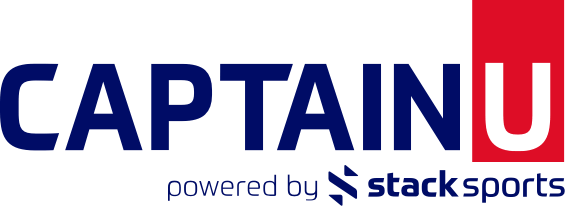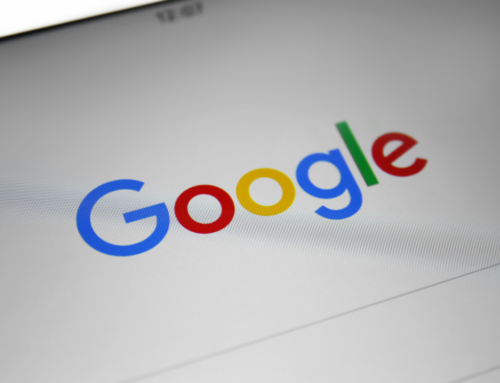The NIL rule is a relatively new option for college student-athletes. And, since you likely have questions about it, we’ve answered some of the most common questions we’ve been asked below::
What Is An NIL?
NIL refers to a student-athlete’s “name, image, and likeness.” The term derived from several court cases and new laws in a number of states that would have overruled NCAA bylaws prohibiting student-athletes from lending their name, image, or likeness to any outside entity or business.
What’s Behind NILs And Why Am I Just Now Hearing About Them?
The NCAA had always ruled that student-athletes were amateurs being subsidized by scholarships and stipends. However, many found that position hypocritical, noting the NCAA and its member schools were earning millions of dollars annually from licensing deals, merchandise with players images and names, and TV rights.
The first, and most prominent, challenge to that rule came in 2009 when UCLA basketball player Ed O’Bannon sued the NCAA over its use of his image, which he contended was licensed to EA Sports for its NCAA Basketball 09 game without his consent. The NCAA lost the O’Bannon case in 2014, as well as several others like it in the next few years. Facing the prospect of several states enacting their own laws allowing athletes to profit from their own name, image, and likeness, the NCAA board voted to rescind its restrictions on college athletes earning money from endorsements, sponsorships, and personal appearances. As of July 1, 2021, NCAA student-athletes were allowed to profit from their own name, image, and likeness (NIL), while also now being allowed to hire an agent to help arrange or pursue NIL opportunities.
Who Can Get NIL Deals?
Any NCAA student-athlete in Division I, II, or III is now allowed to sign NIL deals. NAIA athletes are also allowed to monetize their name, image, and likeness. In fact, the NAIA was the first college athletics governing body to allow NIL deals, legalizing them in October of 2020.
At the individual level, the short history of NIL deals has shown that any college athlete, regardless of sport, position, or status, is capable of making money off their names through endorsements, licensing, appearances, and promoted social media posts. Granted, the quarterback at Alabama will likely earn significantly more from NIL deals than the swimmer at the NAIA’s Aquinas College, but thus far, all kinds of national and local brands and businesses have embraced the opportunity to have college athletes help their marketing.
Are NIL Deals Regulated?
The NCAA labeled its rule allowing student-athletes to sign NIL deals as “temporary,” and, for now, left oversight of NIL deals to each school. In response, most schools have instituted several basic rules for NIL deal compliance, including:
– Schools may not partner with their student-athletes in any NIL deal
– Student-athletes are required to disclose all NIL deals they sign to their school
– Athletes may not endorse or promote certain types of products or businesses, such as tobacco or gambling websites
Remember that an athlete’s ability to sign NIL deals is still in its early stages, and as the NCAA has designated its NIL policy as “temporary,” many expect the rules to be tightened or better defined as the process matures. Given that some states already have their own laws pertaining to NILs, there is also speculation that the federal government may ultimately step in to establish a uniform policy nationwide.
Can I Get An NIL Deal And, If So, How?
In every state but California, high school athletes are considered amateurs and prohibited from signing NIL deals. However, once you graduate and join an athletic team at a college or university, you are free to sign an NIL.
As far as how you might get an NIL deal, the market is currently akin to the Wild West. Schools are allowed to offer athletes a share of an NIL package as long as those benefits are offered to every comparable member of the team. Some higher-profile athletes have hired agents to advise and or help procure deals. There are even apps and companies that work on an athlete’s behalf to help land NIL deals. In its most simple form, you may even be approached by the owner of a local restaurant to endorse that eatery in ads or via your social media accounts.
Should I Consider NIL Opportunities As Part Of My Recruiting?
For elite athletes, your name, image, and likeness are your brand, and most schools will try to sell you on the benefits of associating their “brand.” For everyone else, however, NIL deals might be a nice perk at best. If you have a partial scholarship or choose to compete at a Division III school where there are no athletic scholarships, money or free food earned from NIL deals can come in handy. But ultimately, the extra money won’t do you much good if you choose a school that’s not the right fit. Long story short, during your recruiting, look for schools where you’ll be comfortable athletically, academically, and socially. Consider any NIL deal that you may get just an added bonus of choosing the place that’s right for you.
Did you enjoy the article ‘FAQs About NILs’? If so, check out more of our articles HERE.


